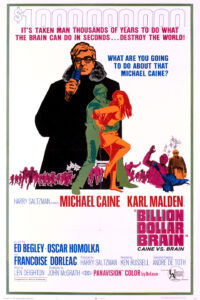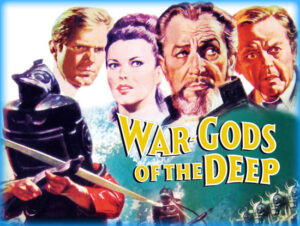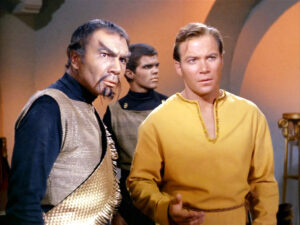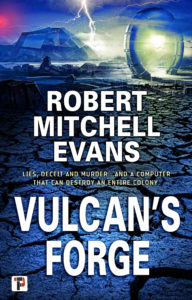Here’s my thoughts on Silo in a single sentence; I will not be back for season two.
I will go into more detailed thoughts about this series, but it will be spoiler filled, so if all you want to know is if I liked or not, I direct you back to the opening sentence.
Silo is centered on Jules Nichols (Rebecca Fergusson) as she uncovers a vast and hidden conspiracy within the close-ecology world of ‘the silo’ where some 10,000 people live hundreds of years following a global undefined ecological catastrophe. The outside world, viewed only through wall sized screen is devoid of life. Individuals exiled from the silo, though given precious resources in the form of a sealed contamination suit, die within a few dozen meters. Investigating the murder of her lover Jules discovers hints and elements of the secret powers that controls and monitors every aspect of the Silo’s life and in the end is exiled. But because her friends make sure she has working sealant tape on her contamination suit she doesn’t die and discovers amid the devastated world dozens of ‘silos’ dotting the landscape.
Stories and settings like Silo require a solid foundation of world building so everything that follows is credible. Once the world building cracks the suspension of disbelief is shattered and everything else unravels. Illogical element after illogical element are compounded throughout the season that reveal shoddy and ill-thought-out world building. The Silo has only one generator to power the vast structure and it is never taken offline for maintenance. Imagine starting your car and running it for years, decades, only added gasoline as needed. It won’t work, that can’t happen. People eat bacon and eggs in a setting where the only rational choice is vegetarianism. With such tight, limited space and resources, it makes no sense and would not be sustainable to grow calories to feed to animals so you can get fewer calories. For a place that has been utterly isolated and with such shoddy recycling as what is shown the silo is amazingly well stocked with new, clean, and pristine plastics. Nothing about how this environment is set up actually works if you give it a moment’s thought.
Even if you wave away all the illogical and irrational world building, Silo is still in my tastes fatally flawed within its own rule set.
At one point late in the season Jules is escaping the dreaded ‘judicial’, the people behind the conspiracy, and is forced to climb between levels in a garbage chute. It is stated in the dialog that she disappeared on ‘level 20’ and she and her compatriots emerge on ‘level 122’. One hundred levels climbing a vertical ladder. If a level is just 8 feet, and they look much taller than that in the sets, they just climbed 800 feet! Yet they emerge not exhausted, tired, cramped, or even sweaty. The writers simply are not thinking at all about what they have just put onto the page.
As part of the conspiracy, we seen the surveillance room where a staff of seven or eight watch many monitors visually scanning the entire silo. Let’s say its seven people, three eight-hour shifts, that 21 people. Add in another shift so you can rotate days off and we have 28 people. However, you need people who aren’t watching to maintain the equipment, so let’s say they brings you up to 35 or 40 people. But you need still more people in this conspiracy. All that equipment draws power from the electric grid, and someone would notice that the ‘janitor’s closet’ is using kilowatts upon kilowatts of juice. So, you have to have people in engineering who are covering up all that missing electricity. A conspiracy so vast simply cannot go on unknown. People talk, it’s a fact of human existence.
Silo excepts too much to be simply waved away for what at its heart is not that compelling of a story nor that interesting collection of characters.
 .
.
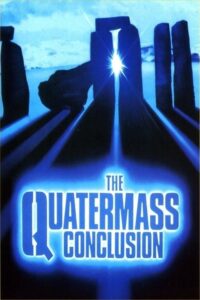 ..
..